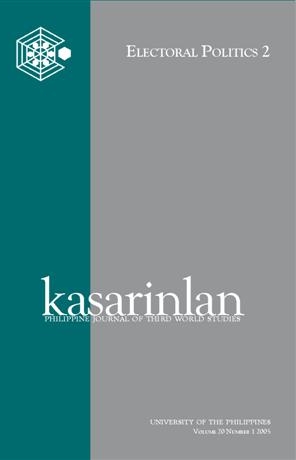Politics and the Media in Malaysia
Abstract
This article examines the relationship between the state and the mass media in Malaysia through an analysis of the March 2004 general elections that led to the victory of the incumbent Barisan Nasional (BN) coalition party and its leader Abdullah Ahmad Badawi. Through restrictive laws that limit press freedom and the concentration of press ownership among a limited group of pro-BN individuals, the Malaysian state has been exercising control over the mass media, thus impeding the Malaysian electorates democratic right to freedom of information. Through an investigation of mainstream and Chinese media coverage of the 2004 elections, it can be observed that the Malaysian press overwhelmingly presented a sympathetic, and often flaunting, bias in favor of the incumbent BN while providing insufficient coverage of the views ofor even demonizingthe opposition parties. Like other ruling entities of developing countries, the BN government justifies its intrusion over the mass media by invoking the need for national stability and security in order to successfully lead the Malaysian nation-state toward modernization, development, and economic prosperity. Under the Badawi administration, despite its intimations in favor of political openness and reform, this state manipulation of the media has continued unchanged.
Published
2007-11-17
How to Cite
ANUAR, Mustafa K..
Politics and the Media in Malaysia.
Kasarinlan: Philippine Journal of Third World Studies, [S.l.], v. 20, n. 1, p. 25-47, nov. 2007.
ISSN 2012-080X.
Available at: <https://journals.upd.edu.ph/index.php/kasarinlan/article/view/448>. Date accessed: 03 oct. 2025.
Section
Articles
Keywords
Malaysia; 2004 general elections; Barisan Nasional; state control of media; modernization and development; press freedom
By submitting a manuscript, the authors agree that the exclusive rights to reproduce and distribute the article have been given to the Third World Studies Center.



